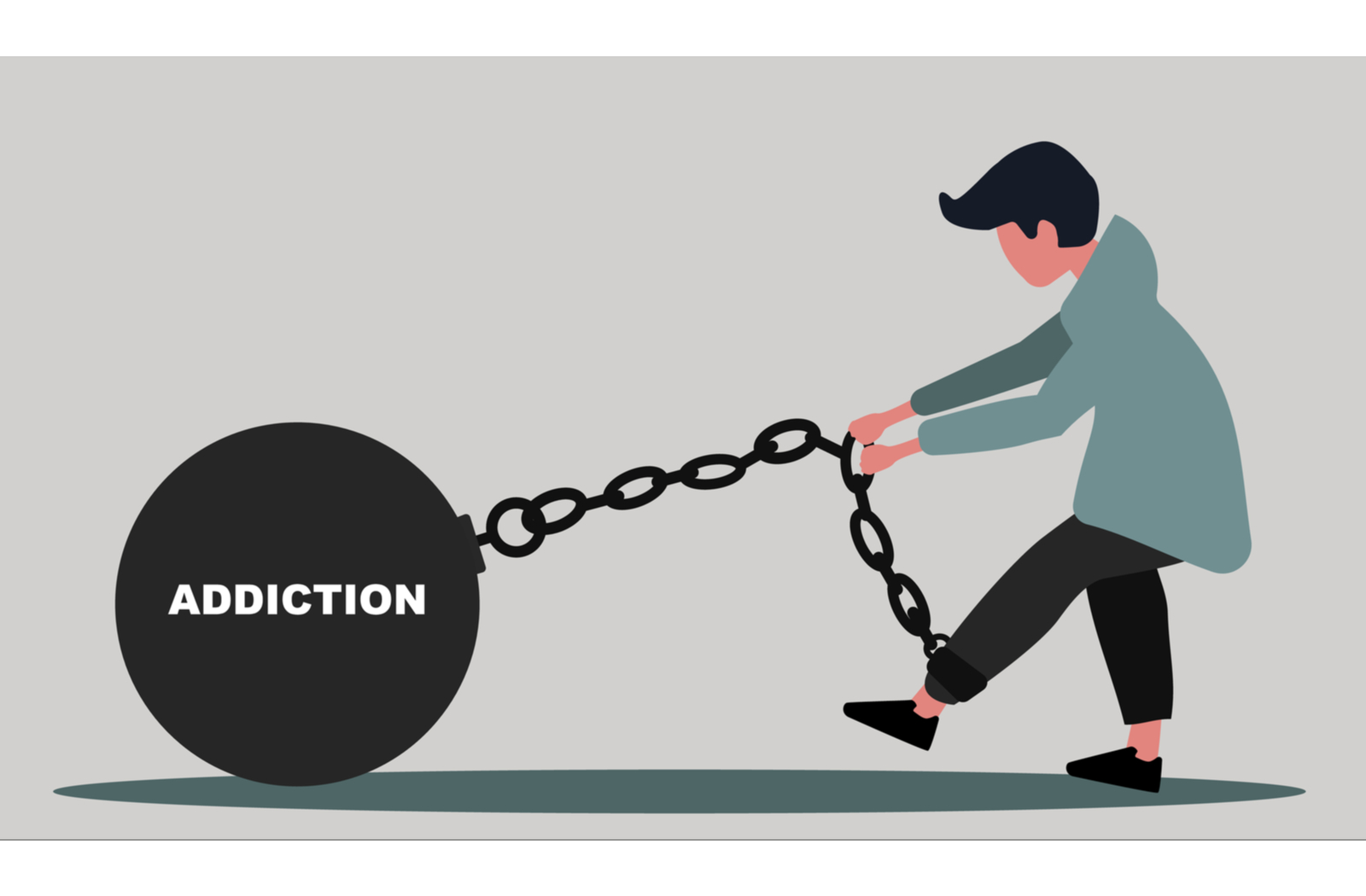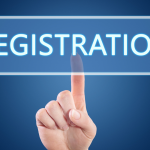Discovering that a family member is struggling with gambling addiction can be a challenging and stressful situation. The first step is to educate yourself about the nature of gambling addiction and its impact on the individual and the family.
Open communication is crucial; engage in honest conversations with the affected family member, expressing your concern and support. Encourage them to seek professional help and offer to participate in their recovery process.
Symptoms of gambling addiction
There are several signs that may indicate a family member is dealing with gambling addiction. Some common symptoms include:
- Preoccupation with gambling: The individual constantly thinks or talks about gambling and is often planning their next bet.
- Financial troubles: Unexplained debts, borrowing money, or secretive financial behavior may be indicators of gambling addiction.
- Neglecting personal responsibilities: The person may neglect their job, family, or other obligations in favor of gambling.
- Emotional and behavioral changes: Mood swings, irritability, and secretive behavior are potential warning signs.
It is essential to be observant and address these concerns as soon as possible to provide the necessary support.
How to behave in this situation
When dealing with a family member’s gambling addiction, it is crucial to maintain a calm, non-judgmental attitude. Avoid confrontations or accusations, as they may lead to defensiveness and denial. Instead, express your concerns and offer your support. Encourage open communication and actively listen to the addicted person’s feelings and thoughts. Additionally, it’s essential to establish boundaries and avoid enabling their gambling behavior, such as lending money or covering up their actions.
Where to seek help
Several resources are available to assist families coping with gambling addiction. Some options include:
- Professional counseling: A therapist or counselor specializing in addiction can provide guidance, support, and treatment for the individual and the family.
- Support groups: Groups such as Gamblers Anonymous and Gam-Anon provide a safe environment for individuals and families to share their experiences and gain mutual support.
- Financial advice: Financial counselors can assist families in developing a plan to address gambling-related debts and establish healthier financial habits.
- Online resources: Websites, forums, and educational materials can provide valuable information and support for those affected by gambling addiction.
- Bookmaker and affiliate sites: Each such site should always have links to addiction help resources (for example: onlinebettingsa.co.za – Logos directing to help sites)
In conclusion, dealing with gambling addiction in the family requires understanding, communication, and a proactive approach. Recognize the symptoms, maintain open communication, set boundaries, and seek professional help and support to navigate this challenging situation.

Autor: Masud Oyekanmi
My name is Masud. I’m a versatile writer and researcher with a wide range of interests in topics like sports, blockchain/cryptocurrency, pets, tech, and so on.
Article images from calgarydreamcentre.com. Link to the original.







